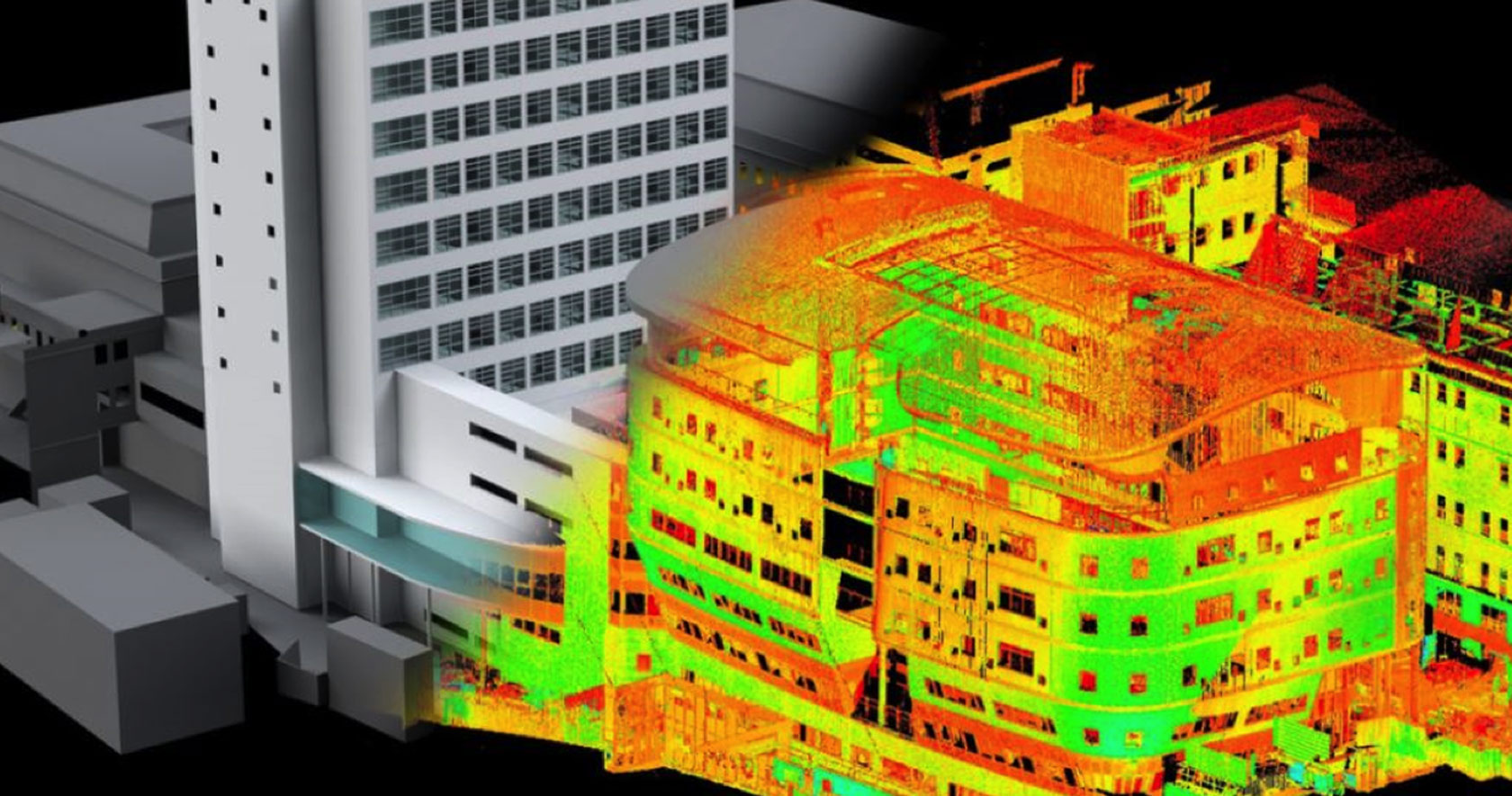Butson 2021
Data collection methods in Higher Education research are predominantly centred on surveys and interviews. As a result, much of our current knowledge of higher education practice is built on perception-based data. Our recent work highlights developments in digital technologies that offer access to new types of data that allow us to investigate what actually occurs (reality of practice) rather than what is assumed to have occurred (perception of practice).
The core of this new approach is the use of ‘sensor-based’ systems that offer live feeds of data over continual periods. The benefit of these new approaches is built on the emerging interest in understanding the impact that established patterns of behaviour have on the process of change/learning. Until now, the difficulty has been the lack of methods to capture such patterns:
- the continuity needed to capture data over extended periods in order to analyse at a macro-level or
- the ability to capture the detail required to analyse at a micro-level.
In both cases, any process employed will result in the generation of enormous amounts of data. One of the challenges of these new approaches is how to manage the data volumes. The value therefore of these new approaches will be contingent on our ability to draw on emerging approaches within the field of big data analytics to find and develop relevant methods of data transfer, storage and analysis.
